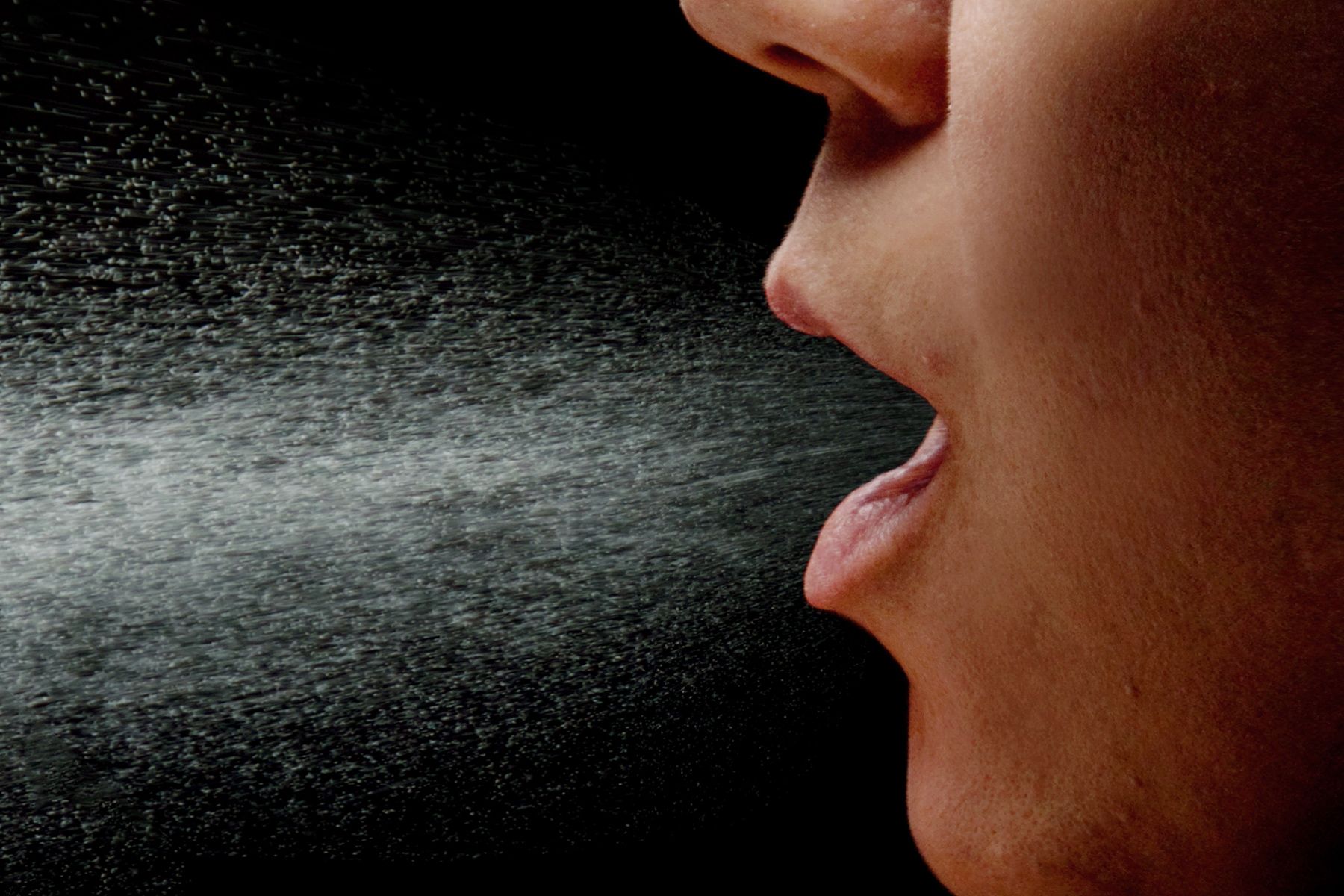
One negative discovery is that virus-carrying droplets can dehydrate in the air, increasing the concentration of virus particles and their potential to cause disease.
from WebMD Healthhttps://img.webmd.com/dtmcms/live/webmd/consumer_assets/site_images/article_thumbnails/reference_guide/coronavirus_transmission_ref_guide/1800x1200_coronavirus_transmission_ref_guide.jpg https://ift.tt/2I9lPgc
via IFTTT








0 comments:
Post a Comment